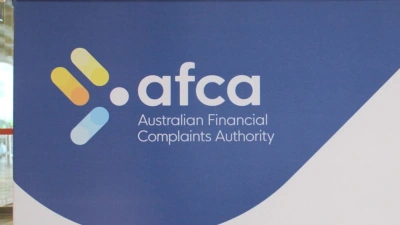Senate inquiry into ASIC drives up workload



The Senate Committee of inquiry into the performance of the Australian Securities and Investments Commission (ASIC) is proving to be time-consuming not only for the regulator but many of the major banks and insurers.
This is because those submissions lodged with the Senate inquiry which reference matters concerning entities such as the Commonwealth Bank, NRMA Insurance or ING Direct are actually being referred to those companies for their responses.
In a number of instances, the matters raised with the Senate inquiry have already been handled by either ASIC itself or the Financial Ombudsman Service.
With the Prime Minister, Tony Abbott scheduled to announce his new Cabinet today and with Parliament expected to resume in late October, the Senate committee is likely to resume its proceedings and move to public hearings before the end of the year.
The Senate Committee of Inquiry was established following newspaper reports over ASIC's handling of the enforceable undertaking entered into by Commonwealth Financial Planning in 2010, but the process is expected to traverse a broader range of issues including the regulator's handling of matters related to the Future of Financial Advice changes.
The inquiry is also expected to traverse ASIC's handling of the collapse of Storm Financial and Trio/Astarra.
Recommended for you
ASIC’s court case with Interprac is causing advisers to explore the possibility of self-licensing, according to My Dealer Services, as they observe the reputational damage it can bring to a practice.
AZ NGA has entered a strategic partnership with a Sydney advice firm with $600 million in assets under advice to support its succession plans and future growth.
With complaints on the rise and an expanded jurisdiction, the Australian Financial Complaints Authority is on the hunt for four C-suite roles, three of which are newly-created positions.
Ahead of the 1 January 2026 education deadline for advisers, ASIC has issued its ‘final warning’ to the industry, reporting that more than 2,300 relevant providers could be on their way out.










